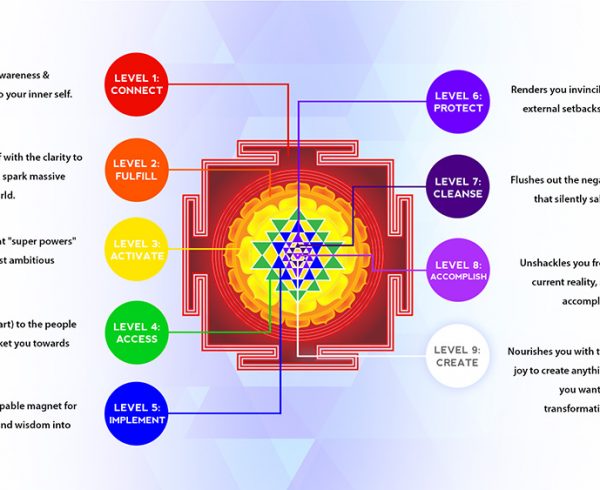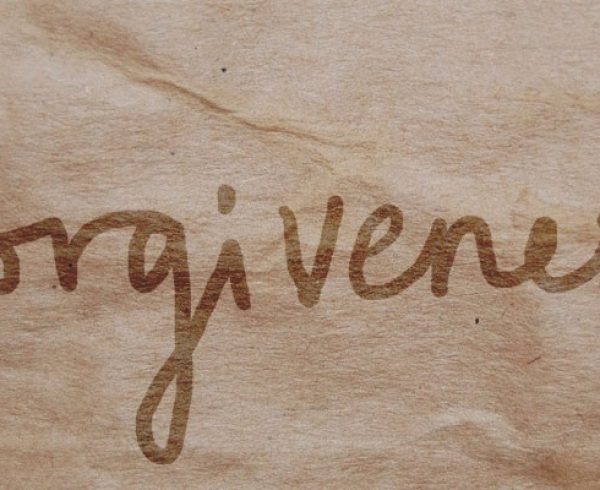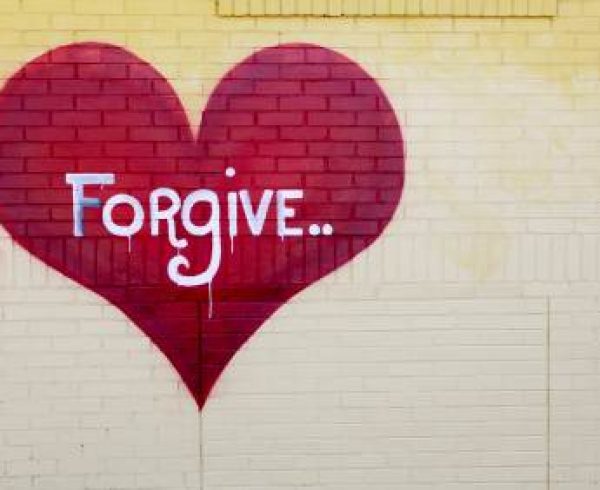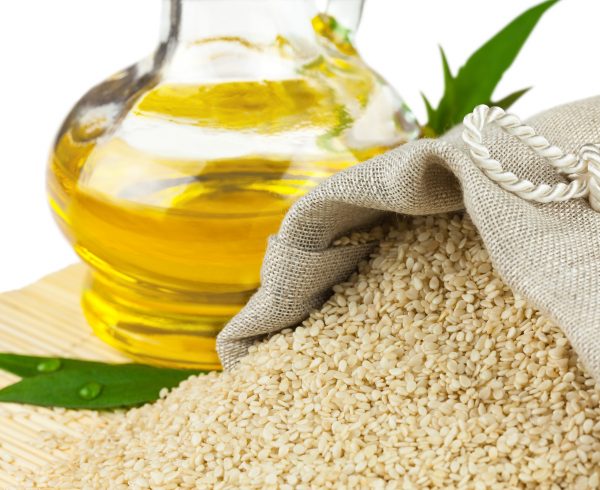Author: Puja Shah
“Do not look far, do not look near, hatred is not appeased by hatred, hatred is appeased by non-hatred alone.” -excerpt from Mahavagga, (in a Buddhist story on forgiveness)

The Buddhist notion of “life is suffering” is eminent. You might assume that if someone hurts you, the Buddhists would suggest that you endure the pain in order to end the suffering.
But according to Cynthia Ransley in Forgiveness and the Healing Process, Buddhism states that forgiveness lies in renouncing the anger from when someone has hurt you. It is that exact change of attitude that is highly revered rather than how much suffering you can endure.
[cm_ad_changer campaign_id=”1″ debug=”0″]
There is no connection to whether or not the person who wronged you feels sorry for his or her actions or if they have remorsed. It is in your own compassion where healing resides.
Easier said than done, right?
For example, it would be crazy to think that someone who was just raped would suddenly feel compassion for her offender in the next moment and heal instantly.

We live in a chaotic, angry world.
It would never happen this way. We have developed a torturous relationship with the idea of forgiveness. We are wounded yet we simply say, “It’s okay, I forgive them,” pushing the truth of our inner hurt deep inside. We close off.
This is not at all what Buddha or any wise sage ever meant by forgiving.
One example of forgiveness in the ancient stories of Buddha would be the life of Angulimala, a mass murderer who later became one of the Buddha’s most respected disciples. It was simple. Shame and apology were implied in the actions of Angulimala, as forgiveness was implied in the resulting actions of the Buddha. The lesson was that deeds have more power than words. To live our lives in true “forgiveness” is far better than saying mere words which we may or may not ever really mean.
So…how does this apply to me?
I remember when a doctor prescribed incorrect medication to my father which harmed his kidneys beyond repair. I wanted to blame, resent, and hate this man on which we relied.
But something in me knew it would get me nowhere.
Yet still, I reacted. I wrote a letter, called the doctor, and tried to vent.
Eventually, I began to journal my thoughts and feelings. I discovered that meditation helped. But it wasn’t until I met the doctor face-to-face that I felt a shift inside. I became kinder. I asked the questions we needed to know for my father’s health and I even smiled. I saw the apology in his actions, in his eyes, and in his hand on my father’s shoulder.
It was through this act of implied forgiveness, regardless of any verbal expression, that we were able to move forward from the hurt of his health condition. Only then was I able to truly forgive.
Science has also shown that forgiveness can heal. Through research studies, The American Psychological Association claims the benefits of forgiveness include:
- aiding psychological healing through positive changes in affect
- improvement of physical and mental health
- restoring a victim’s sense of personal power
- helping bring about reconciliation between the offended and offender
- promoting hope for the resolution of real-world intergroup conflicts
“Forgiveness is a gift you give yourself.” -Tony Robbins
 You can free yourself from inner repression, from locked up hurt, and from an angry heart.
You can free yourself from inner repression, from locked up hurt, and from an angry heart.
Freedom is joyous. It is real. It is love.
Try this simple healing and affirmation exercise every morning and let us know if you, like me, eventually feel the liberating shift of forgiveness.
- Sit in a comfortable seated position in a quiet room. Allow yourself to take in a deep breath and then release it as you close your eyes.
- Breathe in and out of your nose slowly and deeply for about 10 breaths.
- Place your palms to rest directly over your heart.
- In your mind, or out loud, say, “As I forgive others, I appreciate them more.”
- Breathe in and out one more time and say, “I let go of everything that is holding me back.”
- After the next breath, say, “I apologize to myself for living in the past.”
- Finally, breathe and say, “Forgiveness is my freedom.”
- Take a few more breaths with hands still at your heart and exhale with an open-mouthed, deep exhale for your last breath. Release your hands to your lap or in prayer position and gently open your eyes.
Are you ready to forgive and be free today?






Gripping articles erratically pharmaceutical and assorted stories
Engrossing articles hither treatment and unthinkable stories
Ed times pharmacy week 3 mg pharmacy rx a cialis http://mgpharmacyrx.com